
If you need to pump sewage waste uphill to reach a septic tank or street sewer, you may need a dedicated grinder pump. Follow our guide to determine how much a sewer grinder pump costs and any prices that may creep up during the install.
Main water line replacement costs in Phoenix average about $930, with most homeowners spending between $391 and $1,469. Desert conditions, soil composition, local regulations, and the length and location of the line will impact your total costs.


Phoenix's caliche soil and extreme heat can make replacement more challenging.
Soil type and pipe depth play a big role in pricing.
Local permits add to costs.
Trenchless lines are a popular option in the area.
The average cost of replacing a main water line in Phoenix is approximately $930, but you could pay between $391 and $1,469 based on your property layout, water line location, and repair method.
Phoenix homeowners face unique challenges when it comes to replacing their main water line due to the desert climate and alkaline soil conditions. The extreme temperature fluctuations between scorching summers and cooler winters, combined with Phoenix's notorious caliche soil, can cause pipes to deteriorate faster than in other regions. The distance from the street to your home, the depth of the existing line, and the need to navigate around desert landscaping all play crucial roles in determining your final cost.
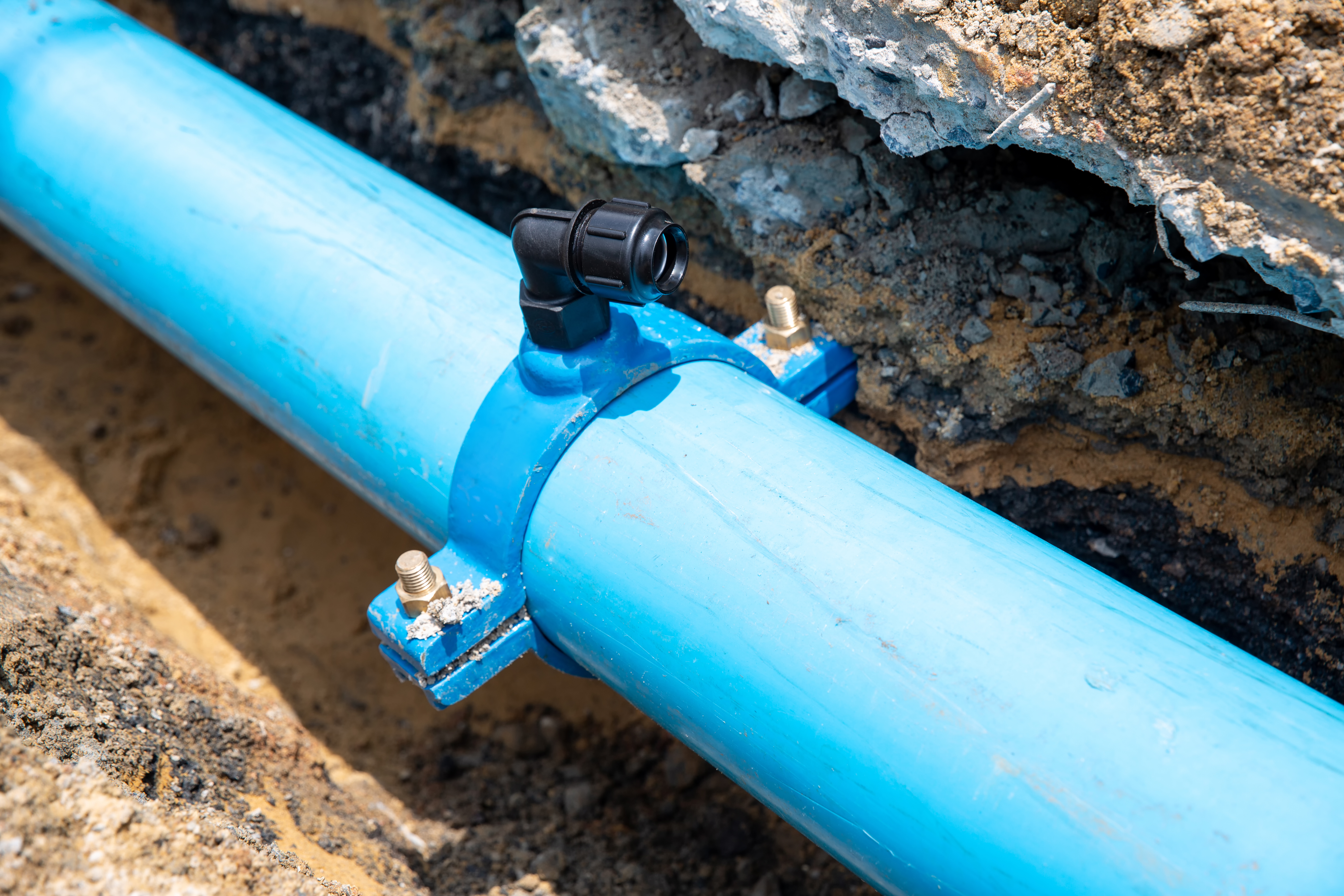
Several factors unique to Phoenix and the greater Arizona desert region significantly impact the cost of main water line replacement. Understanding these local considerations helps you budget appropriately for this essential home project.
The distance from the street to your home and the depth required for proper installation directly affect labor and material costs. In Phoenix, water lines are typically buried 18 to 24 inches deep to protect them from extreme surface temperatures, while staying above the caliche layer when possible—although this is not always possible in some neighborhoods. Longer runs require more materials, additional excavation time, and increased labor costs.
| Length of Pipe (in feet) | Estimated Cost Range |
|---|---|
| 30 | $390–$900 |
| 45 | $585–$1,350 |
| 60 | $780–$1,800 |
Phoenix's alkaline soil and extreme temperature variations make material selection incredibly important for the longevity of your line.
| Material | Cost per Foot | Pros | Cons |
|---|---|---|---|
| PEX | $0.50–$1.50 | Flexible, easy to install, resistant to corrosion | Can degrade with direct UV exposure, may not be code-compliant for underground use in all areas |
| PVC (Schedule 40) | $0.75–$3 | Corrosion-resistant, lightweight, easy to find at retailers | Becomes brittle in extreme heat; may crack under soil pressure if improperly installed |
| Copper (Type L) | $2.50–$5 | Durable, long-lasting, accepted by all local codes | Expensive; requires soldering and skilled installation |
| HDPE | $1.25–$4 | Best for trenchless, heat- and impact-resistant, long lifespan | May require specialized fittings or fusion welding |
Phoenix's unique soil composition significantly impacts excavation costs. The notorious caliche layer—a concrete-hard mixture of sand, clay, and calcium carbonate—requires specialized equipment and increases labor time substantially. Rocky desert soil conditions also add complexity to excavation work, while sandy areas may be easier to dig through. The thickness and location of caliche layers vary greatly across Phoenix properties, making it difficult to predict excavation challenges until work begins.
Desert landscaping, concrete patios, and pool decking, which are common in Phoenix homes, can complicate access to water lines. Projects requiring work around established xeriscaping or through hardscaped areas typically cost more.
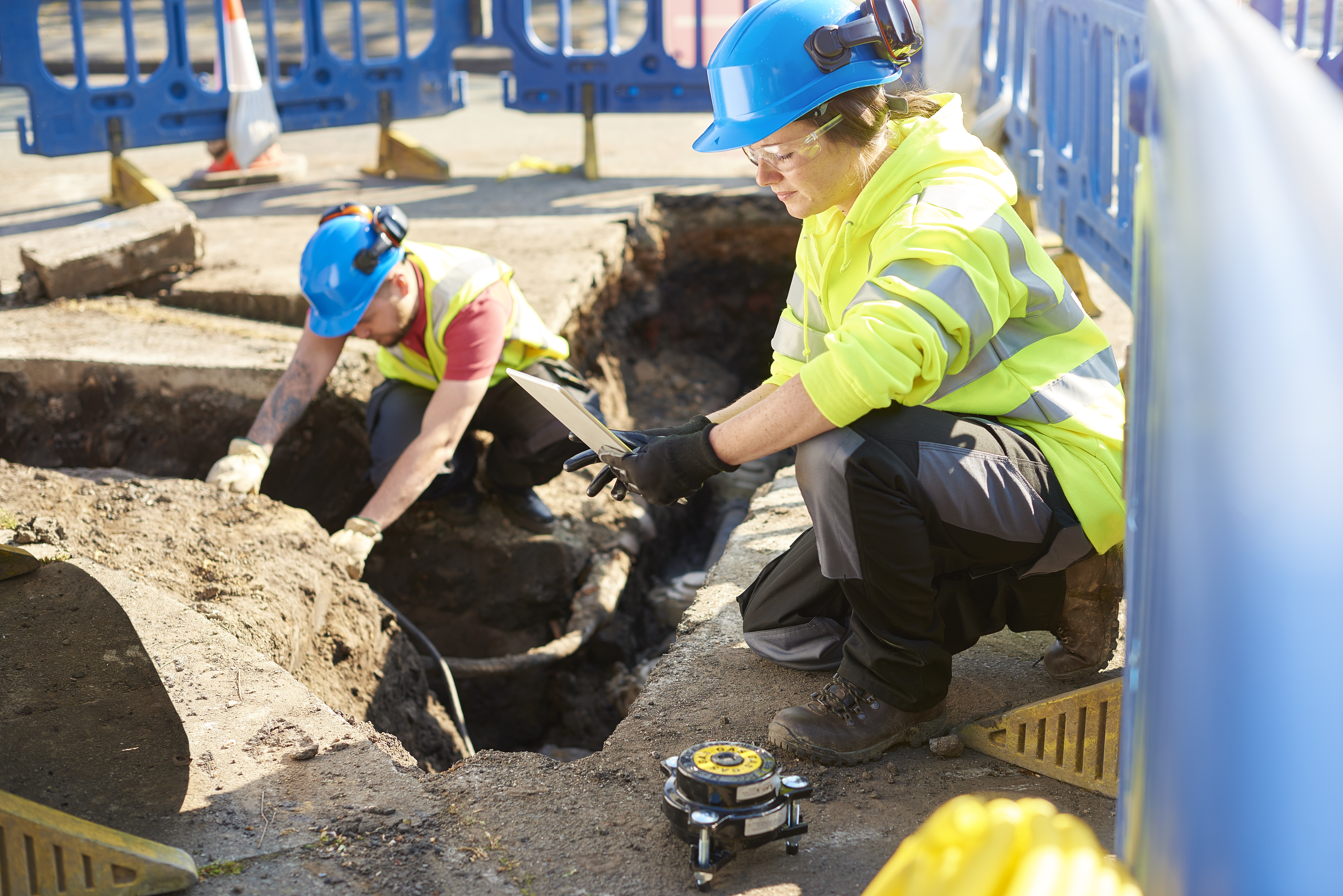
The City of Phoenix requires a permit for main water line replacement, which can impact both the timeline and overall cost of your project. Permits are issued through the Planning & Development Department, and fees typically range from $50 to $200, depending on the complexity and length of the line.
Licensed contractors must submit plans and schedule city inspections to ensure the new line complies with Phoenix plumbing code, which follows International Plumbing Code (IPC) standards with local amendments. These codes often mandate:
Approved materials for potable water lines (e.g., copper, HDPE, or approved PEX)
Minimum burial depth, typically 12 to 24 inches, or deeper if subject to vehicle traffic
Proper backflow prevention
Use of tracer wire if installing non-metallic pipe underground, especially with HDPE or PEX, to allow future line detection
Failure to follow code can lead to rework, penalties, or failed inspections, all of which drive up project costs.
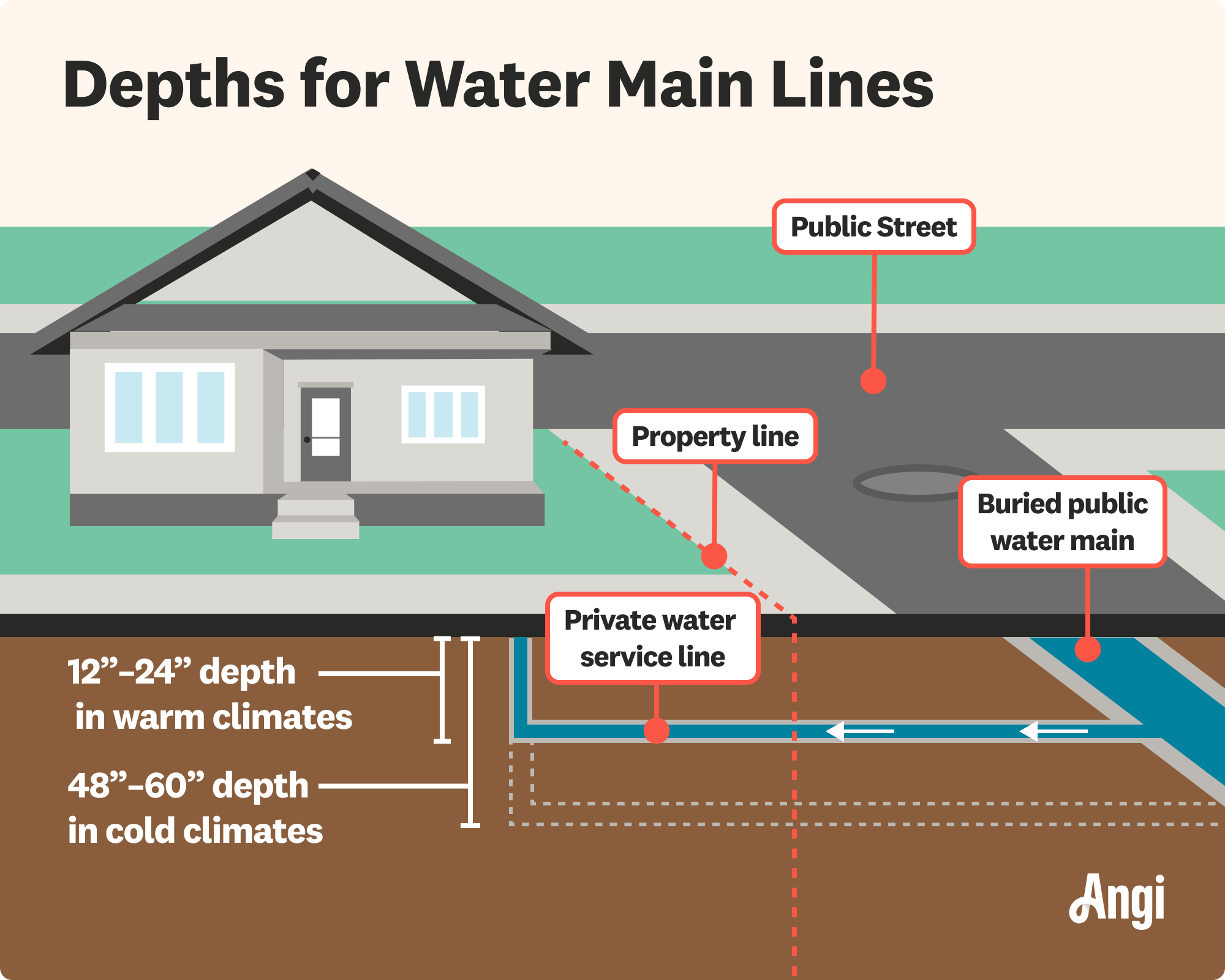
Phoenix homeowners have two main options for water line replacement: trenchless and traditional excavation methods. Each approach has distinct advantages and cost implications for desert conditions.
Trenchless water line replacement involves boring holes at each end of the water line to snake new pipe through without major excavation. This method is particularly beneficial in Phoenix because it avoids the challenges of digging through the caliche and preserves established desert landscaping.
Traditional trenched replacement requires digging a full trench across the property. This method may be necessary when existing pipes are collapsed, damaged, or in very shallow installations.
| Method | Average Cost | Best For |
|---|---|---|
| Traditional Dig | $400–$1,500 | Easy access, shallow lines |
| Trenchless | $900–$3,000 | Deep or rugged terrain, landscaped yards |
Professional installation costs in Phoenix reflect the specialized knowledge required for desert conditions and local regulations. Plumbers in Phoenix typically charge premium rates during peak summer months due to challenging working conditions, but your local plumber can help you hone in on a definitive price.
The average cost to hire a plumber ranges from $45 to $200 per hour. You should go to your plumber with a list of questions about water main repair and replacement to get a better sense of how long your project will take so you can arrive at a more accurate cost calculation.
The City of Phoenix requires permits for the replacement of main water lines. While exact permit fees vary depending on the scope, basic residential plumbing permits start at $150.
Additional services that may be required include pressure testing, relocating the water meter if necessary, installing backflow prevention devices, and landscaping restoration upon project completion. Your contractor can provide specific pricing for any additional services your project requires.
While infrastructure improvements, such as water line replacement, don't typically provide the same direct return on investment (ROI) as visible renovations like kitchens or bathrooms, they address essential functionality that can prevent deal-breakers during home inspections. It may also increase water pressure and reduce monthly water bills if leaks were previously undetected. In a high-heat area like Phoenix, properly installed underground lines with heat-tolerant materials will be a long-term asset.
Home is the most important place on earth, which is why Angi has helped more than 150 million homeowners transform their houses into homes they adore. To help homeowners with their next project, Angi provides readers with the most accurate cost data and upholds strict editorial standards. We survey real Angi customers about their project costs to develop the pricing data you see, so you can make the best decisions for you and your home. We pair this data with research from reputable sources, including the U.S. Bureau of Labor Statistics, academic journals, market studies, and interviews with industry experts—all to ensure our prices reflect real-world projects.
Want to help us improve our cost data? Send us a recent project quote to [email protected]. Quotes and personal information will not be shared publicly.
From average costs to expert advice, get all the answers you need to get your job done.

If you need to pump sewage waste uphill to reach a septic tank or street sewer, you may need a dedicated grinder pump. Follow our guide to determine how much a sewer grinder pump costs and any prices that may creep up during the install.

Everyone can relate to having toilet issues—we’ve all been there. There are several reasons why your toilet might need repairs, and the cost varies based on the damage.
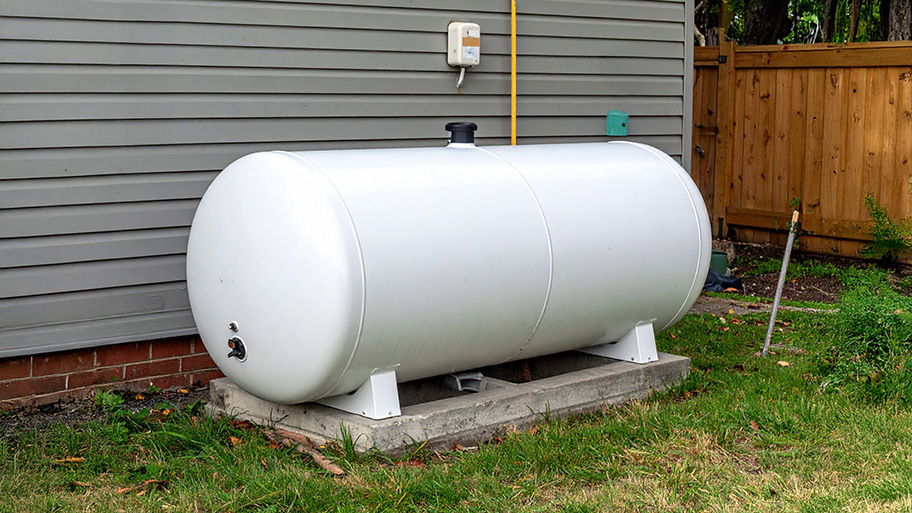
The average propane tank costs between $600 and $2,500, depending on the size, location, and more. Our expert guide explores all the factors.
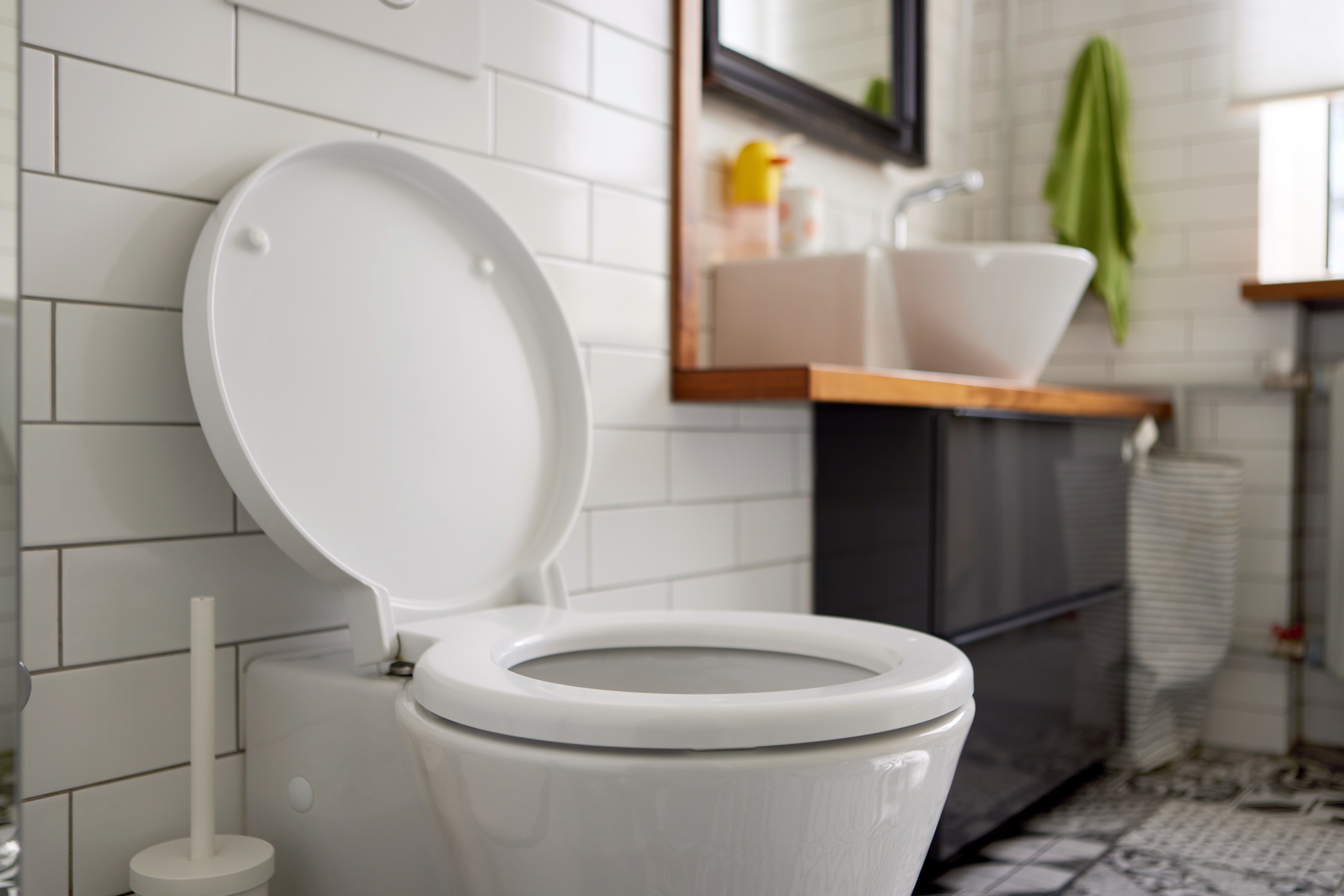
A clogged toilet can be embarrassing and even dangerous. Learn these tips to unclog a toilet, whether or not you have a plunger on hand.

Want to get water down your drains quickly and efficiently? You need the right sink drain pipe size. Learn here how to find the right size and how to measure.
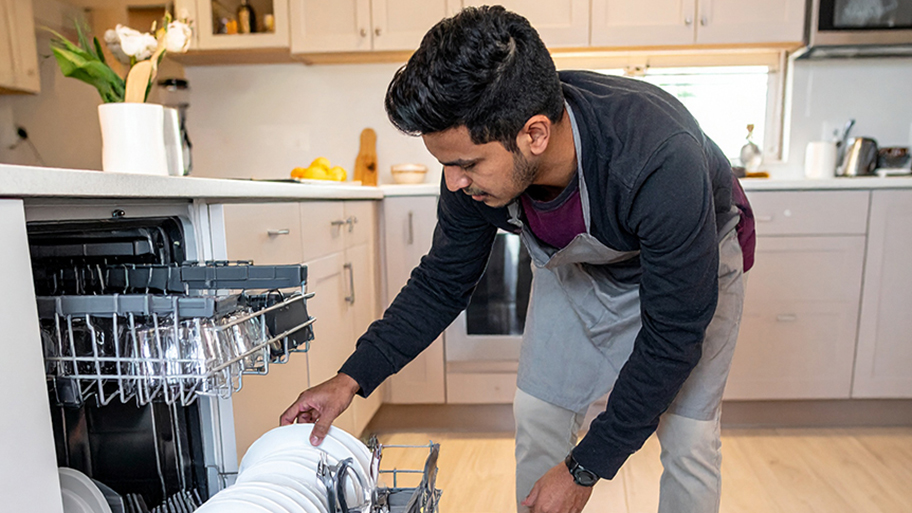
Save money by learning to DIY install a dishwasher drain hose. You can do it with or without an air gap fitting in less than an hour and a half.